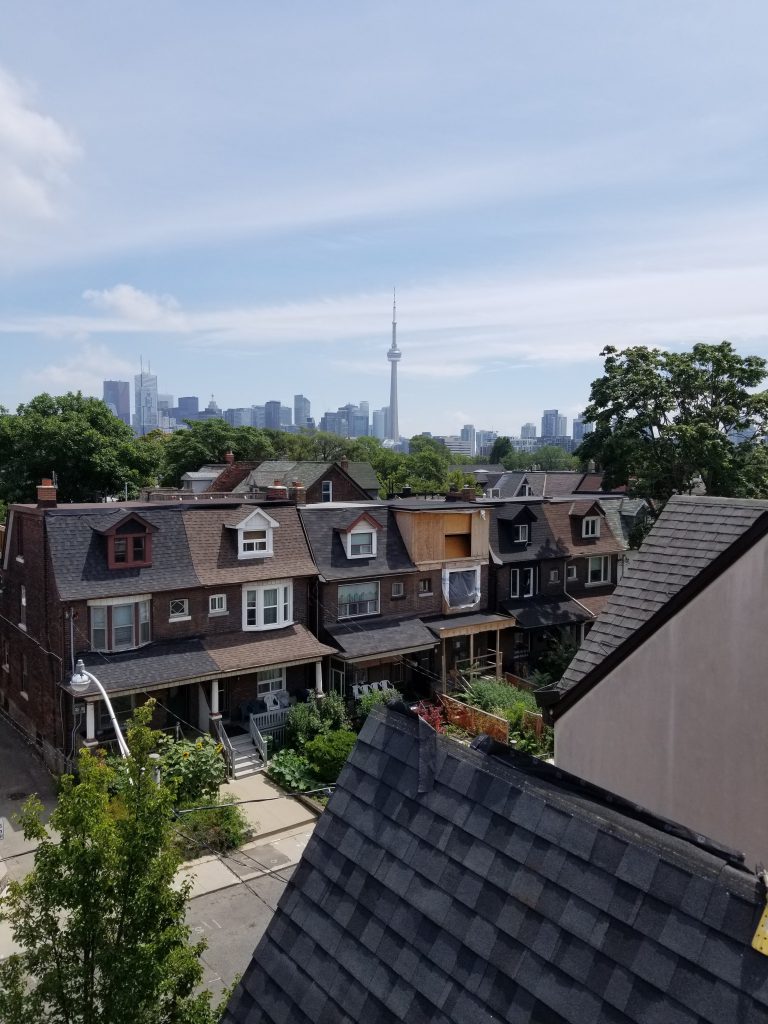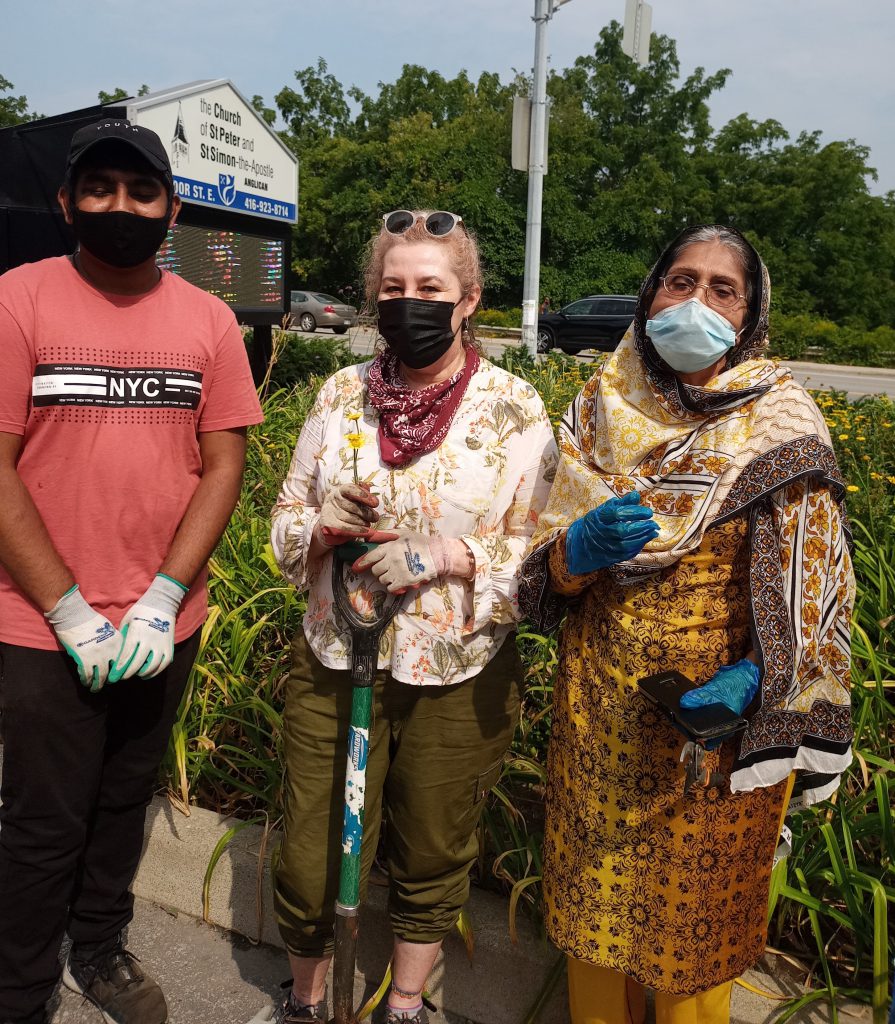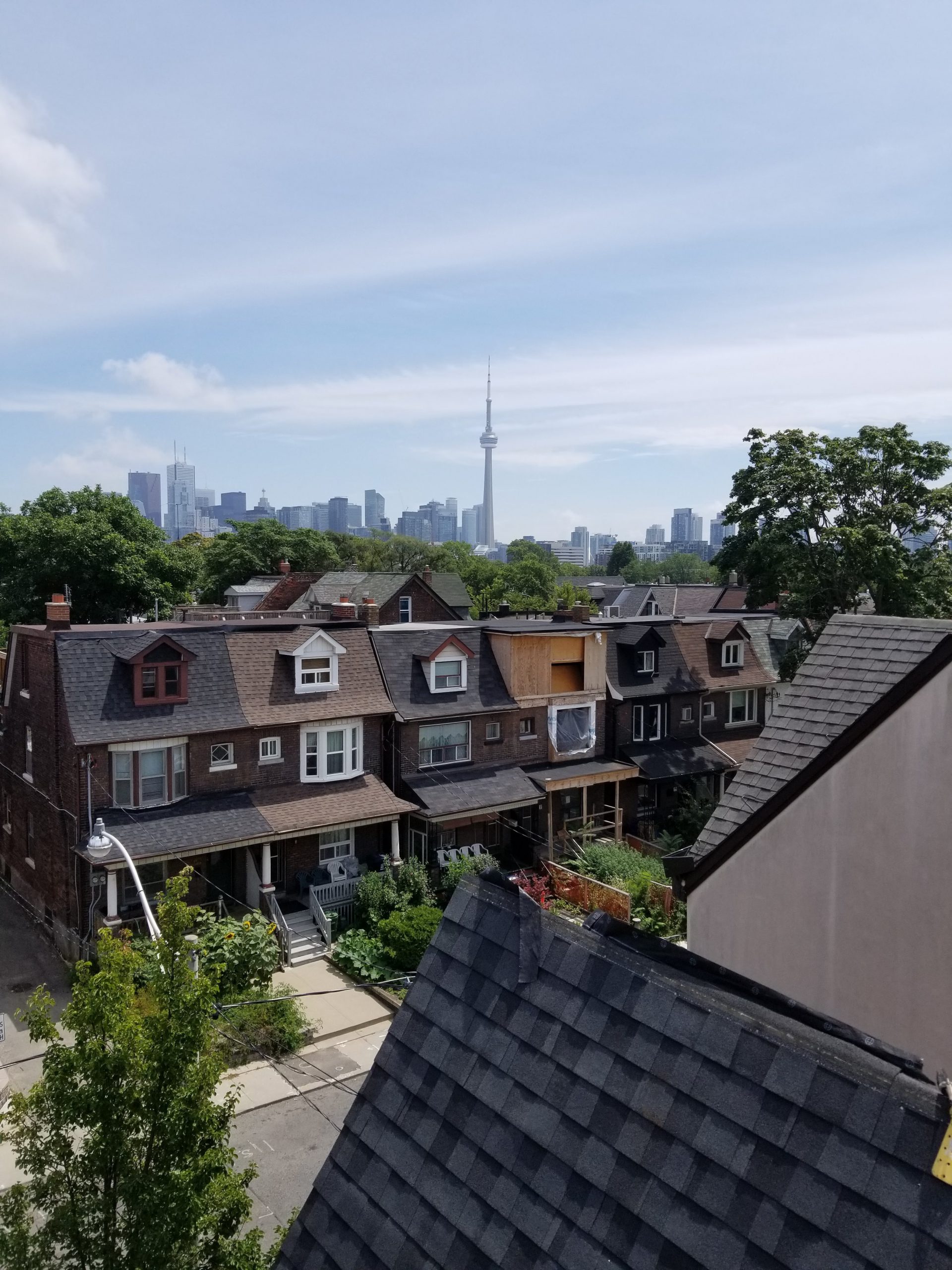After a summer of severe flooding in Toronto, a debilitating ice storm struck over the holidays in the winter of 2013. Two bouts of extreme weather in a short span of time indicated to local environmentalists an inescapable reality: climate change was happening in their own city. Knowing it would only get more frequent, and more extreme, a small group founded Community Resilience to Extreme Weather – otherwise known as CREW – in order to raise awareness, prepare for, and respond to the effects of climate change in urban centres.
 “CREW is based in Toronto, but it’s an initiative that is relevant to residents of towns and cities across the country,” says Sheila Murray, CREW’s project director. “As environmentalists, we’re very aware that we’re often speaking to the already-converted when talking about climate change and climate action. But extreme weather, as awful as it was and continues to be, offers an opportunity to open up the conversation to a wider audience.”
“CREW is based in Toronto, but it’s an initiative that is relevant to residents of towns and cities across the country,” says Sheila Murray, CREW’s project director. “As environmentalists, we’re very aware that we’re often speaking to the already-converted when talking about climate change and climate action. But extreme weather, as awful as it was and continues to be, offers an opportunity to open up the conversation to a wider audience.”
CREW began as a way to build awareness and expand the dialogue around how climate change could affect residents of Toronto, and particularly among people who, eight years ago especially, had little interest because climate change seemed like a far-off concept.
The project kicked off at City Hall in 2014, with a meeting of environmental groups and staff from Toronto’s Energy & Environment division. Following that, CREW received what Sheila describes as an “overwhelming” response to a call for volunteers, and the team realized their idea had more potential than they first thought.
One of CREW’s early focus areas involved co-creating an extreme weather preparedness program with seniors connected to the Victoria Park Hub in Toronto. “That taught us a lot,” says Sheila, “and it underscored what we already suspected: people hear messages about climate change more clearly from people like themselves.” The program empowered seniors to become experts on climate impacts relevant to them. For example, they learned to check in with their neighbours in situations such as extended power outages or heat waves.
CREW’s main initiatives at the moment are based in St. James Town: a high-density, ethnoculturally diverse neighbourhood in Toronto. There, they have developed and implemented a variety of programs that address issues like green space, food security, and emergency preparedness. CREW’s work remains volunteer-driven, and those volunteers are emerging as local leaders within their communities.
Communications on climate change remain a central aspect of CREW’s modus operandi, but over the years they’ve become best-known for their grassroots work in low-income, racialized communities in the GTA. CREW’s work is grounded in research that proves the importance of social capital before, during, and after an extreme weather event/natural disaster. CREW supports practical actions, including emergency preparedness, to promote the creation of social networks around an extreme weather response. “Robust social networks are a measure of how effectively neighbours help neighbours when an extreme event strikes close to home,” says Sheila. “Critical to this is know who your neighbours are before disaster hits.”
This year in particular, Sheila says that CREW’s efforts have been directed to encouraging folks to get outside. They are leading walks into the green spaces in and around St. James Town, where many residents are either unaware of the nearby spots, or don’t feel welcome there. “We want to change that,” emphasizes Sheila. “And as we go for walks, explore great, versatile green spaces, and enjoy the benefits of spending some time moving in nature, we are strengthening and growing the local social networks that are central to community resilience.” CREW is also creating pollinator gardens in the area, and general programming on extreme weather preparedness continues.

“Summer 2021 has clearly shown Canadians what climate change looks like right here at home. We’ve experienced horrific wildfires and floods, and we’re increasingly concerned, and asking questions. In the early days of CREW, we deliberately avoided using the term climate change and leaned into extreme weather instead. But now, we’re able to openly discuss the connection between climate change and extreme weather events. The breadth of impacts will be huge, and there is no doubt that we’ll need community more than ever. At CREW, we are exploring the ways in which we can contribute to climate education in ways that are accessible to people who do not consider themselves environmentalists,” says Sheila.
Finding a home on MakeWay’s shared platform and receiving support from the team in handling the governance and alerting CREW to funding and networking opportunities has been a crucial key to CREW’s successes in building community networks and resilience so far. The assistance with administrative tasks from finance to governance enables CREW’s lean team to focus their efforts on the ground. At MakeWay, our shared platform is home to over 60 projects based from coast to coast to coast. Initiatives benefit from the support of a mission-aligned community, charitable expertise, and shared resources, so they can focus on the work they’re passionate about.
Find out more about CREW by visiting their website!
